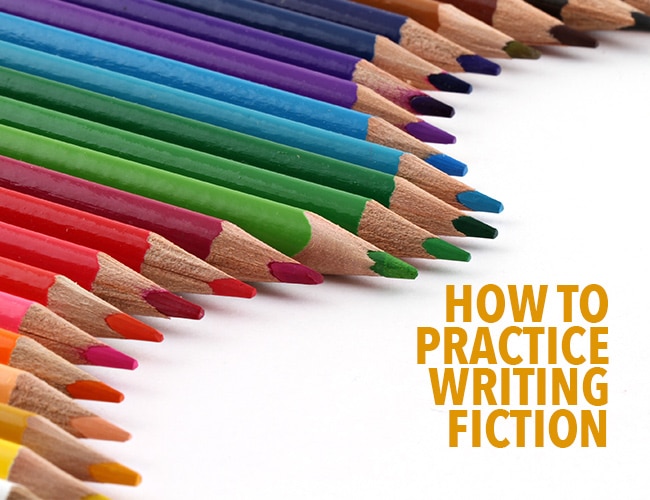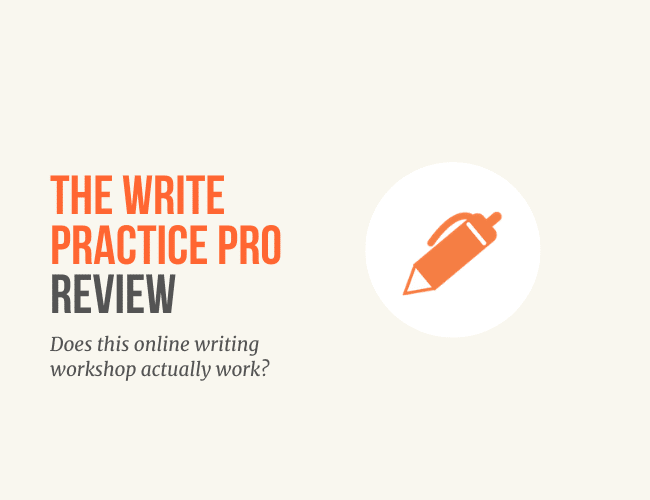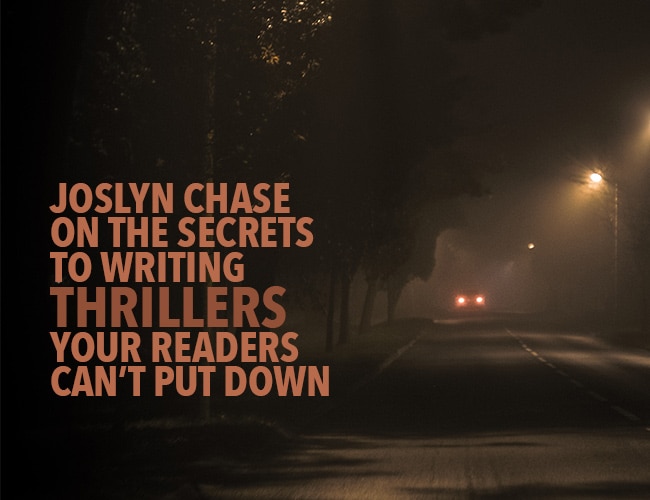Building a website for your writing is the first step to becoming a professional writer. But how do you choose the right domain name for your writer website? Read on to find out.

At The Write Practice, we publish a new article each day designed to help writers tackle one part of their writing journey, from generating ideas to grammar to writing and publishing your first book. Each article has a short practice exercise at the end to help you immediately put your learning to use.
Check out the latest articles below or find ones that match your interest in the sidebar.
And make sure to subscribe to get a weekly digest of our latest posts, along with our free guide, 10 Steps to Become a Writer.

Building a website for your writing is the first step to becoming a professional writer. But how do you choose the right domain name for your writer website? Read on to find out.

Three different people have asked me in the last month about how to balance their writing, work, family, and life. Step 1: ask someone who actually knows. I’m too busy coordinating home repairs while my spouse travels for work. New water heater this week. Broken window replaced last week.
But I realized dealing with a broken water heater is actually a perfect example of how to manage multiple areas of your life while you keep writing. Hint: it has nothing to do with balance.

Have you ever known someone who just made you feel crazy? Like the normal rules of conversation—and especially conflict—don’t apply? Or have the characters in your stories ever felt that way, surrounded by drama they don’t know how to navigate?
Statistically speaking, 16% of people have a personality disorder. But what is a personality disorder? And how can you improve your character development by learning about them?

Have you ever been told by some well-meaning soul that writing can’t be taught? Have you heard that the ability to create beautiful sentences and convey a heart-wrenching story is inborn, and you either have it or you don’t?
The Argentine writer and poet Jorge Luis Borges said, “Art is fire plus algebra.” That flame blazes in all of us, and can be fanned by passion and dedication. What’s more, we can apply the algebra through deliberate study and practice.
I believe writing can absolutely be taught and learned. Here’s how.

How do you write beautiful, award-worthy books and short stories?
One of the best ways is to join an online writing workshop, a collection of other writers who can give your writing feedback so that you can make your chapters, stories, and ultimately books better.
And the best online writing workshop, in my opinion, is The Write Practice Pro. What is The Write Practice Pro, and how can it help you finish your books, get published, and become an award winning, bestselling author? In this post, I’ll be sharing my Write Practice Pro review. I’ll also talk about how I personally use it the writing tool.

Are you making the most of your writing, sharing it in all possible formats and getting it in the hands of readers? Your writing is more expansive than you might imagine. Here’s how to make the most of it.

My new book, a real life adventure story set in Paris called Crowdsourcing Paris, launches in just a few days. And in honor of the launch, I want to fly you to Paris. For real.I'm hosting a giveaway in which one reader can win a ticket to Paris paid by me. Call it a...

Thrillers are hot right now and have been for some time. They can be intimidating to write, however. If you’re looking to dive into the thriller game, this month’s interviewee has some tips to get you started and keep your readers on their toes.

One of the beautiful things about creative work is that in many ways, there’s no formal training required. You can write the first pages, even the first chapters, of a book without ever getting an English degree or spending years training with great writers.
But what about when that doesn’t work anymore? When you find yourself in over your head with absolutely no idea what you’re doing or where to go next—what then?

So you wrote a novel. Now what do you do with it? The life of an indie writer is rife with challenges. When it comes to publishing and marketing a book you’ve written, there are countless decisions to be made and lots of work to be done.